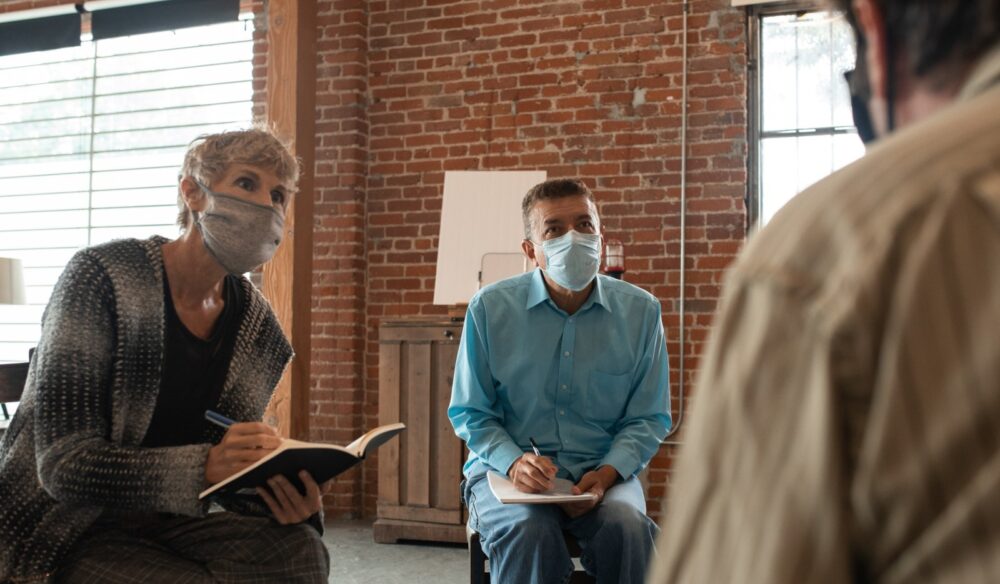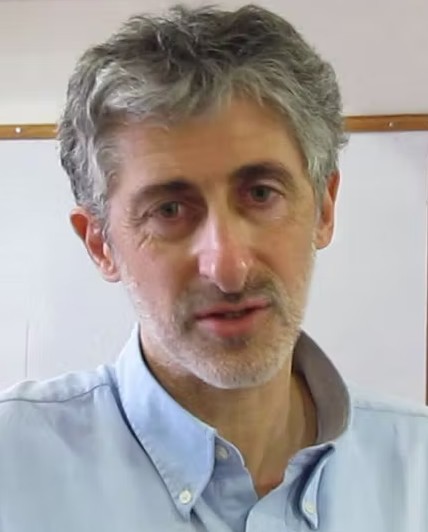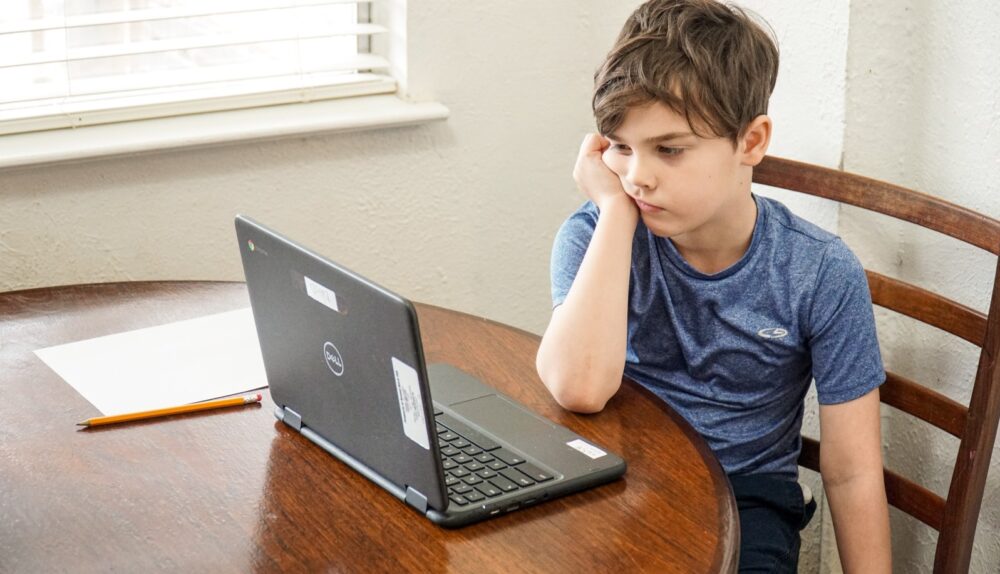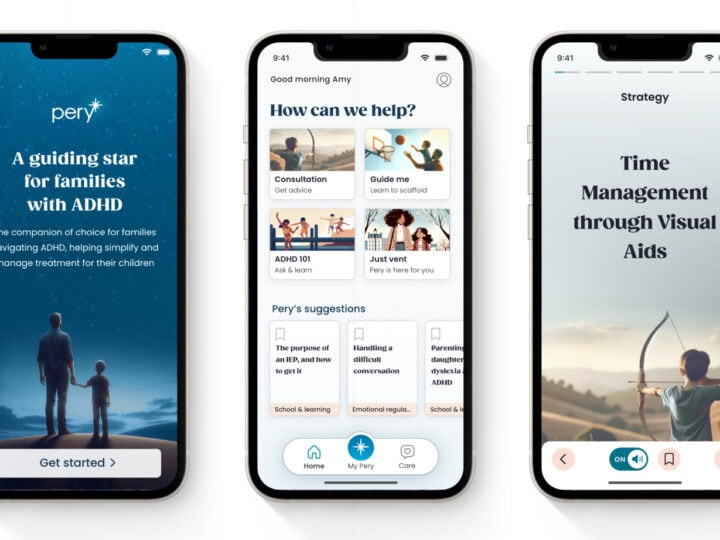While I was on a video call with Prof. Lilach Shalev-Mevorach, head of the Attention Lab at Tel Aviv University, we were interrupted constantly by beeps, jingles and ringtones from our various devices.
And we laughed, because it perfectly illustrated what the professor was saying: Technological distractions contribute in a major way to difficulty with concentration.
It’s not a new problem but it seems to have worsened over the past two years of the pandemic.
One recent study found that average attention span dropped from 12 seconds in 2000 to eight seconds today. Studies cited in Stolen Focus: Why You Can’t Pay Attention by Johann Hari found college students can’t focus on a task for more than 65 seconds and office workers can maintain focus for just three minutes, on average.
“It is indeed a phenomenon that started long before Covid, but it has become more complicated and pronounced during the past two years as we all found ourselves sitting in front of screens. Circumstances have significantly increased the burden on attention,” says Shalev-Mevorach.
“When we come to a virtual meeting with many participants, or have classes on Zoom, it is really difficult to describe how demanding it is in terms of attention and other aspects of cognition.”
If you’re still paying attention — some recent studies suggest people spend less than a minute reading online content – read on for some insights and tips below.
Staying focused

Shalev-Mevorach notes there is little empirical data about declining ability to concentrate.
But as an experienced attention researcher, she knows it’s much more demanding to understand what’s being said when communicating through devices (or facemasks).
That’s because both sound and vision are compromised. It’s even harder if the speaker is only heard and not seen.
“We have to invest much more attentional effort and we tire more quickly. This impacts our language processing and our ability to respond.”

Remote communication impairs both sustained and executive attention, she says.
Sustained attention means staying focused while performing simple, routine, monotonous activities.
“The more passive the activity is, the higher the probability for inner and outer distractions,” Shalev-Mevorach says, referring to distractions from the mind and the environment.
“In a Zoom meeting or class, the inability to interact and react continuously is a major pitfall.”
Executive attention (also called attentional control) is a more advanced function that we use actively to block out distractions. This, too, is more difficult when working, studying and interacting through devices, Shalev-Mevorach says.
Kids, Covid and concentration
If your child is having more trouble staying focused these days, the first step is to rule out mental or physical factors (including long Covid) that could affect concentration.

That’s the advice of child and adolescent psychiatrist Dr. Fortu Benarroch, clinical director of the Center for Pediatric Post-Trauma Stress at Hadassah University Medical Center in Jerusalem and a board member of the Israel Trauma Coalition.
“We are seeing a high increase of referrals, and many of the complaints have to do with concentration problems,” he tells ISRAEL21c.
“Concentration difficulty is a very common symptom which is nonspecific for psychological and psychiatric problems. It’s like a fever in general medicine: A fever means there is a medical problem, but you can’t tell what the problem is just from the fever,” Benarroch explains.
“But in general, the pandemic has caused a very long period of emotional distress, and emotional distress can lead to a decrease in ability to concentrate,” he continues.
“Children lost their regular frameworks because there was a lot of instability. They were not going to school, or they had school sporadically and didn’t know how long it would last. Learning on Zoom didn’t always work.”

At the same time, “More children got addicted to screens – TV, computer, smartphone — which was already a problem before the pandemic but became much worse. When you spend too many hours looking at screens, it affects your concentration,” Benarroch says.
“You get used to media where there is a rapid and intense way of gaining satisfaction. You press ‘enter’ and get immediate results. It’s not the way reality works when you’re not at a computer.”
The need for a quick satisfaction fix is one reason youth get involved in risky behavior, he adds.
“They don’t have the patience to wait for processes and human interactions where things are slow. Sometimes this manifests as a problem with concentration.”
Parents can help by encouraging physical and social activities with peers or family members. If the problem continues, consider seeking professional help.
Tips on how we can improve our attention
The following tips from Shalev-Mevorach are designed to help achieve better sustained and executive attention. The goal is to be more alert in any kind of environment or activity.
- Get adequate sleep. We concentrate better when we are not tired.
- Whenever possible, choose to engage in activities that interest you in a non-distracting environment.
- Organize any meeting, class or other presentation into a few short sessions rather than one long session. The last or penultimate session should be devoted to implementing or practicing the new skill or idea in a real-world context, individually or in small groups.
- When leading or participating in a long session (live or recorded), short, active breaks are effective in processing the information and feeling alert and focused. The exact activity during the break – taking a brisk walk, listening to music – is an individual choice.
- Active listening is an attention booster and helps you process what you hear. Rather than passively watching or recording, take notes on important points, insights or questions.

















